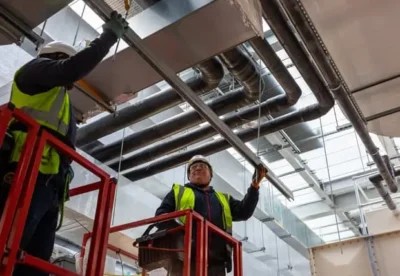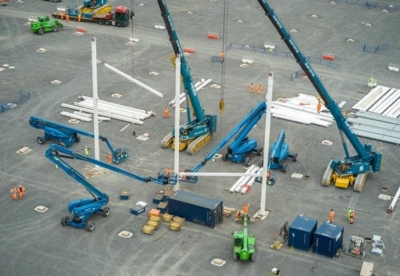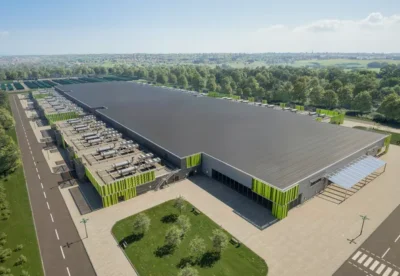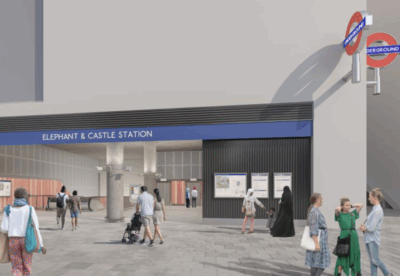Through the use of the rapidly setting material, Kier could prevent a lane closure, keeping three narrow lanes on the M6 open throughout the project.
A lane closure would have caused a 45-minute delay to road users which on a 7-week scheme would equate to an estimated £35m impact on UK output.
Kier could adopt a weekend delivery model because the material reaches design strength in just 18 hours rather than the traditional three days.
The quicker cure concrete gains density as it dries meaning that repair crews can work faster to carry out repairs without having to wait as long for it to dry.
An army of 38 repair specialists worked 9,723 hours overnight and weekends to repair damaged concrete and waterproofing material underneath the road.
As part of the scheme, 130m of expansion joints were also installed to provide additional strength and flexibility to the carriageway, which is used by tens of thousands of motorists every day.
Dave Wright, executive director, Kier Highways said: “In close collaboration with our clients and supply chain, we’ve intentionally focussed on pioneering new ways of doing things.
“Sometimes its new ways of working, sometimes its new products and sometimes its new technology, but they all provide ways to deliver a more efficient and cost effective solution, increase safety and reduce disruption for the travelling public.
“This ranges from being the first, with partner Chevron, to ban carriageway crossings, now a pan industry standard, to pioneering the 1,000 tonne approach – tripling the amount of black top laid in a single evening – now used widely across the sector.”
He added: “The use of this new material is testament to having a collaborative client in Highways England, and offers tremendous scope for reducing disruption nationwide.
“Having extensively trialled the product, we were trusted to use this new method and it has yielded excellent results, both in the efficiencies and savings, and in the quality of the solution.”


















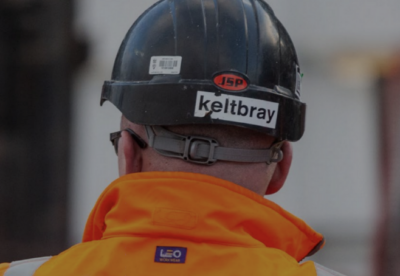
 (300 x 250 px) (2).png)








